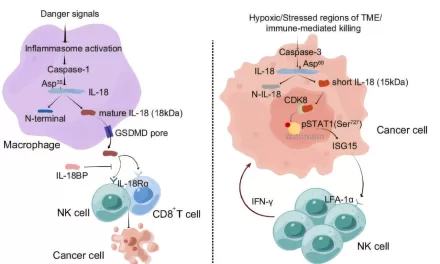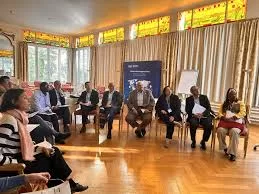
“We have made important progress, but we still have a long path to travel to improve the way that multilateral organizations work together to support countries. We must listen to what countries tell us and act upon their guidance,” said Dr Tedros Adhanom Ghebreyesus, WHO Director-General and Chair of the SDG3 GAP Principals Group. “I thank the partners for their collaboration and for the honest self-assessments contained in this report.”
The report provides six key recommendations to ensure that countries benefit from a more streamlined support and to realize the commitments made in the SDG3 GAP. These include:
- continue the SDG3 GAP improvement cycle for health by seeking the views of Member States on how we collaborate at country-level and responding to related recommendations;
- maintain GAP as a platform for collaboration;
- foster stronger collaboration at the country level on primary health care and explore new thematic topics such as climate resilient health systems;
- jointly apply new approaches at country level such as the delivery for impact approach;
- engage more with civil society; and
- work with Member States to strengthen incentives for collaboration through political leadership, governance direction and funding to support collaboration.
Key findings of the report will feed into discussions of the next United Nations General Assembly SDG Summit and the High-level Meeting on Universal Health Coverage in September 2023.
The months leading up to these key events provide an opportunity for a joint push by Member States and multilateral agencies to identify ways on how to implement the recommendations and to prepare the ground to fully leverage stronger collaboration and accelerate progress towards the health-related SDGs in the second half of the SDG timeframe.












